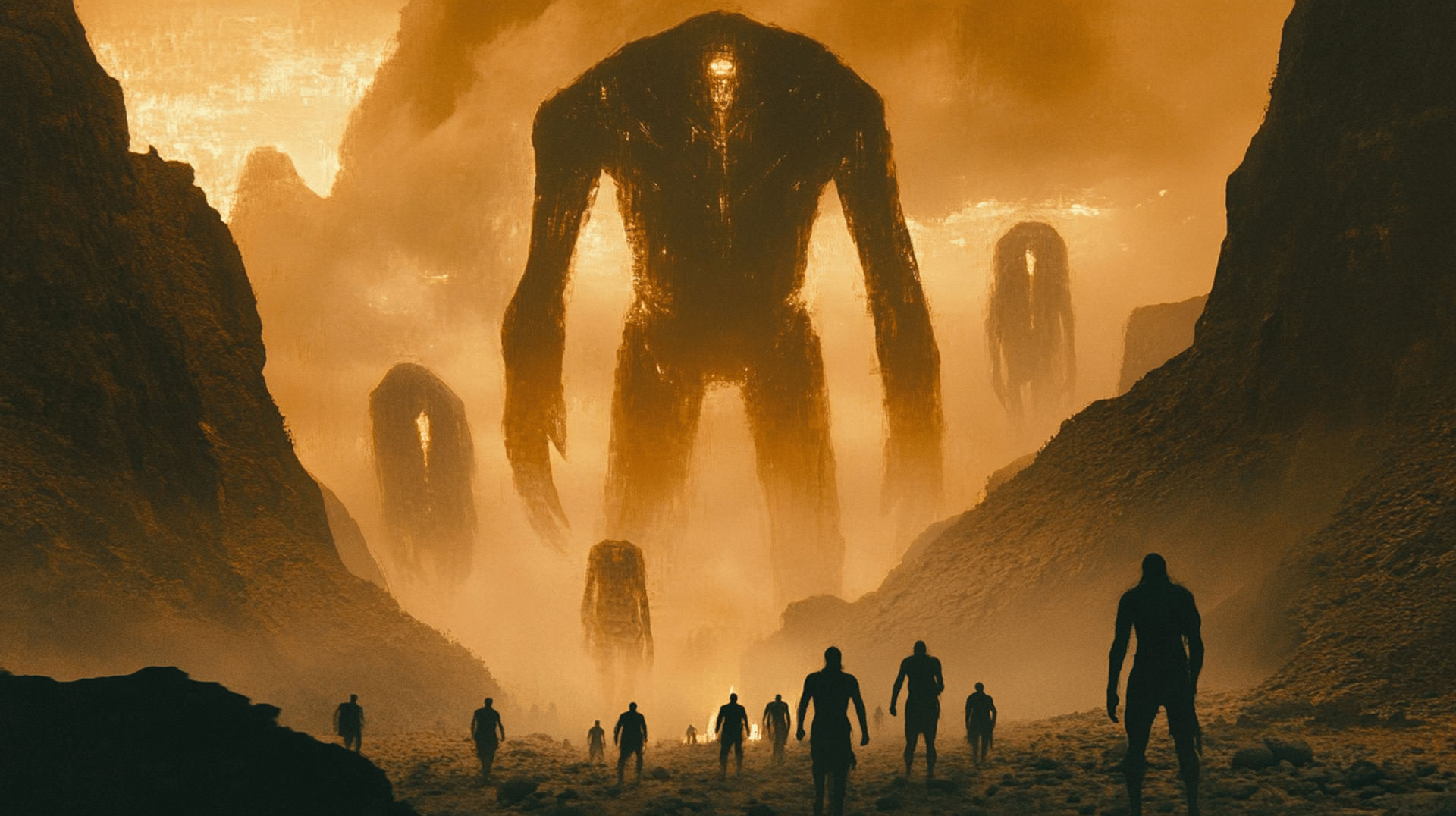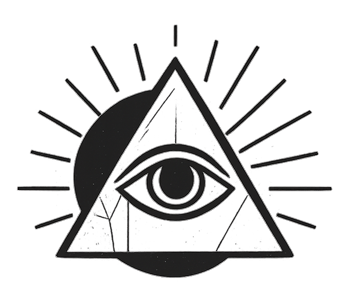
Was Venus the Destroyer?
The Cometary Origins of Venus: Unraveling Velikovsky's Hypothesis on Biblical Catastrophes
What if the fiery goddess of love isn’t just a celestial body but a harbinger of chaos, with her very birth tied to cataclysmic events in human history? In the world of alternative history, few hypotheses are as controversial yet captivating as Immanuel Velikovsky's assertion that Venus originated as a comet ejected from Jupiter. This theory not only proposes astronomical implications but also intertwines with ancient texts, suggesting that some of our most profound myths and catastrophic events may have cosmological roots.
Velikovsky's Radical Proposition
In his groundbreaking work Worlds in Collision (1950), Velikovsky presents a startling vision of our solar system’s formative years. He posits that Venus, once a comet, passed near Earth in ancient times, triggering widespread disasters described in religious and historical texts. This hypothesis aims to explain phenomena like the plagues of Egypt, the parting of the Red Sea, and even the asteroid impacts and geological upheaval that have bewildered scholars for centuries.
One of the most striking elements of Velikovsky’s theory is his juxtaposition of scientific facts with biblical accounts. He argues that the chaotic near approach of Venus caused significant cosmic disturbances, which manifest as divine wrath in human narratives. This approach raises an intriguing question: could the stories etched into ancient scriptures have been inspired by actual celestial events?
Celestial Witnesses to Catastrophe
Exploring ancient texts lends a layer of credibility to Velikovsky's theory. The catastrophic accounts found in scriptures and myths from varied cultures echo a universal human experience of sudden natural disasters. Take the Book of Exodus, where the Egyptian plagues are described in striking detail. Some scholars have interpreted these events through the lens of climatic anomalies. However, Velikovsky adds a cosmic twist—could these plagues have been driven by celestial mechanics tied to Venus’s passage?
Moreover, Egyptian mythology recounts instances of darkness enveloping the earth and unsettling cosmic alignments. As presented in Velikovsky’s thesis, these narratives might not merely be metaphorical but could reflect genuine astronomical phenomena, as interpreted in the mythos of the time.
The Legacy of Velikovsky's Ideas
The audacity of Velikovsky's claims sparked outrage in some scientific circles, leading to accusations of pseudoscience. However, his integrative approach invites curiosity. Velikovsky wasn’t merely connecting dots in astronomy; he was merging celestial mechanics with human storytelling. His theories inspire new discussions about how ancient peoples interpreted their world.
To this day, researchers are intrigued by Velikovsky's integration of science and mythology. For example, scientists have proposed that catastrophic events like asteroid impacts or massive volcanic eruptions could coincide with celestial events, suggesting a pathway to further our understanding of the complex relationship between our planet and the cosmos.
A New Perspective on Old Myths
Velikovsky's theory also opens up questions regarding our understanding of myth. Could the narratives shared across different cultures be reflective of common experiences, perhaps influenced by the celestial tapestry of their time? As we delve deeper into the entwined histories of science and spirituality, we find ourselves grappling with an essential truth: the cosmos has long been a canvas on which humanity has painted its fears, hopes, and interpretations.
As we continue to explore the implications of Velikovsky's theories, we are reminded of the vast unknowns that exist in the realms of both science and mythology. The night sky, after all, holds secrets that may yet illuminate our understanding of history, both ancient and modern.
Explore Further
- Worlds in Collision by Immanuel Velikovsky
- The Velikovsky Affair documentary
- The Book of Exodus - Ancient scriptural texts
- The Cosmic Serpent by Jeremy Narby
- Podcasts like The History of Philosophy Without Any Gaps which cover intersections of myth and science
As we peel back the layers of history and myth, we invite you to question, explore, and uncover the threads that connect our world to the cosmos.

The Obscura Mage
Part historian, part heretic, part storyteller—decoding the ancient myths, lost tech, and timelines history forgot.
You might also like

Angels Were Interdimensional Drones?
Could angels have been emissaries from forgotten dimensions—sentient forces shaped not only by divinity, but by something far older, far stranger?

Eden Was a Genetic Lab?
Was Eden a paradise—or a lab cloaked in myth? Could the Tree of Knowledge be a cipher for DNA, hinting at a designed origin veiled in sacred code?

The Nephilim Were Hybrids?
Were the Nephilim giants of legend—or relics of a long-buried experiment blending mortal blood with non-human intent?
